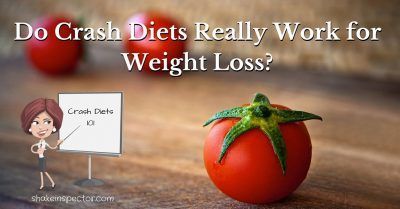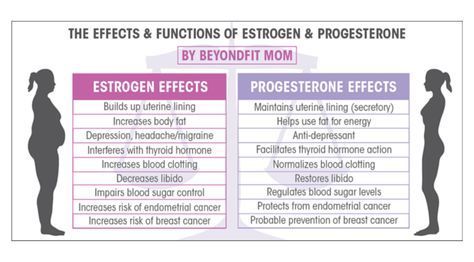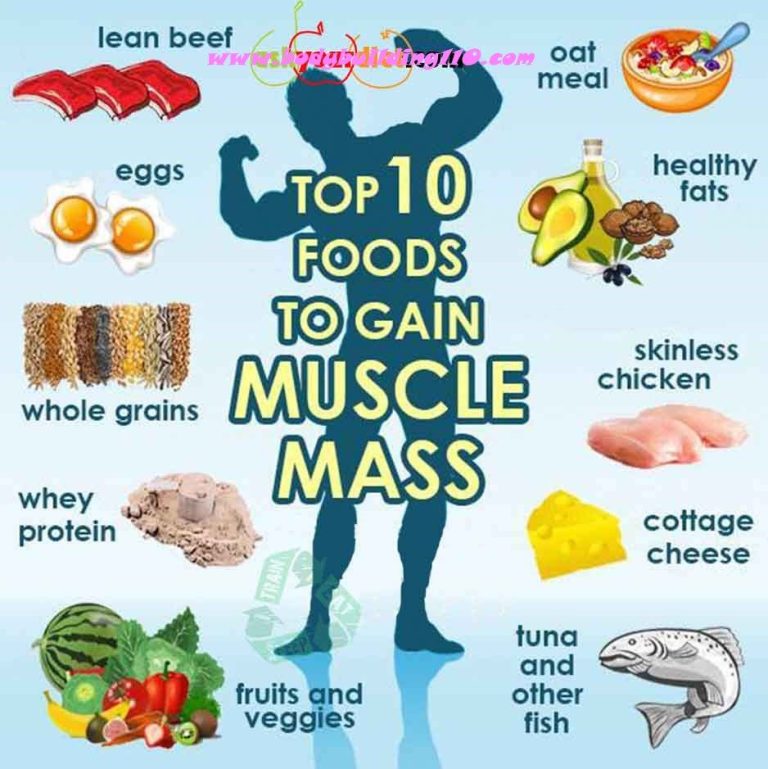When it comes to losing weight, many individuals are often lured by the promise of quick results offered by crash diets. However, it is important to understand the potential risks associated with such extreme approaches. In this article, we will delve into the key differences between healthy weight loss and crash diets, and explore which approach is truly the most effective for sustainable and long-term success.
What are Crash Diets?
Crash diets are intense calorie-restricted eating plans that promise rapid weight loss within a short period. Typically, these diets severely restrict the intake of certain food groups or drastically reduce overall calorie consumption. They often rely on quick fixes, such as meal replacement shakes or extreme fasting, to achieve immediate weight loss results.
Drawbacks of Crash Diets:
Loss of Muscle Mass: Crash diets often result in the loss of muscle mass, as the body resorts to breaking down muscle proteins for energy due to the extreme calorie deficit.
Nutrient Deficiencies: Crash diets may lack essential nutrients required for overall well-being. The limited variety of food choices can lead to deficiencies in essential vitamins, minerals, and macronutrients.
Metabolic Slowdown: Prolonged crash dieting can cause a significant slowdown in metabolism, making it harder to achieve weight loss in the future. The body adapts to the reduced calorie intake by conserving energy, making it increasingly difficult to shed pounds.
Lack of Sustainability: Crash diets are not sustainable in the long run due to their extreme nature. The restrictive rules and drastic changes in eating habits can lead to frustration and eventually result in rebound weight gain.
The Benefits of Healthy Weight Loss
Unlike crash diets, healthy weight loss focuses on making gradual and sustainable changes to one’s eating habits and lifestyle. It involves creating a calorie deficit through a balanced and nutritious diet coupled with regular exercise.
Benefits of Healthy Weight Loss:
Preserves Muscle Mass: By following a healthy weight loss plan, you can minimize muscle loss and prioritize fat burning, resulting in improved body composition and overall strength.
Ensures Nutritional Adequacy: A well-balanced diet that includes a variety of whole foods ensures that you receive all the essential nutrients your body needs to function optimally.
Boosts Metabolism: Regular exercise and a healthy diet can help rev up your metabolism, making it easier to lose weight and maintain the results in the long term.
Long-Term Sustainability: Healthy weight loss promotes lifestyle changes that can be maintained in the long run. It encourages a balanced approach to eating and exercise, resulting in greater success in maintaining weight loss over time.
The Role of Mindset
Aside from the methods chosen to achieve weight loss, one crucial factor that affects the overall success is mindset. Adopting a positive and realistic mindset towards weight loss is vital for long-term success.
Key Points for a Positive Weight Loss Mindset:
Set Realistic Goals: Avoid setting unrealistic expectations by setting achievable goals that can be accomplished gradually over time.
Focus on Health and Well-being: Shift your focus from solely the number on the scale to overall health and well-being. This perspective helps to create a positive relationship with food and exercise.
Practice Self-Compassion: Treat yourself with kindness and understanding throughout the weight loss journey. Remember that setbacks are normal, and it’s essential to maintain a positive attitude and continue moving forward.
Seek Support: Surround yourself with a support system of friends, family, or professionals who can offer guidance, encouragement, and accountability.
Conclusion
When it comes to weight loss, healthy and sustainable approaches always trump crash diets. While crash diets may offer quick results, they come with a host of potential drawbacks and are not sustainable in the long run. Healthy weight loss, on the other hand, focuses on gradual changes, balanced nutrition, regular exercise, and a positive mindset, which leads to long-term success with minimal risks. It is crucial to prioritize your health and well-being over quick fixes, as sustainable weight loss is a journey rather than a destination.






